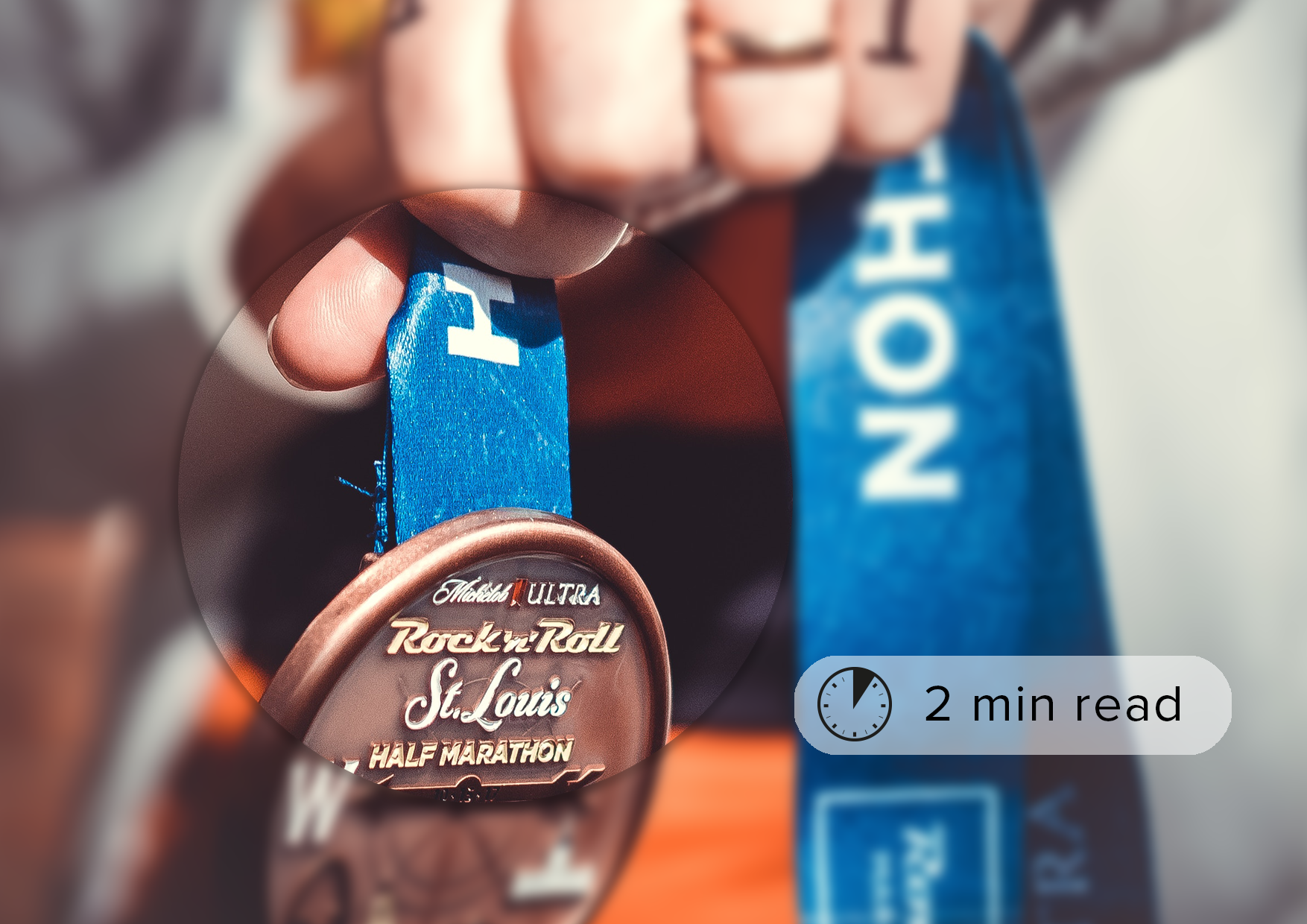The do’s to beat the January blues
The excesses of the festive season may have taken their toll, and you might be feeling the need to implement a whole host of austerity measures to see you through to payday, but January doesn’t have to be gloomy!
Try our top tips to avoid the annual blues and ease your way comfortably into the New Year.
-
- Don’t deny yourself a small treat. With money so tight in January, your regular trip to the local barista might seem like a luxury too far, but cutting it out altogether is likely to make you more miserable. Try exercising a little bit of self-discipline and indulging in that fave treat just once a week – maybe on a Friday so it feels like you’re another week closer to that first payday of 2019!
- Plan ahead. Making plans for the rest of the year is one of the most effective ways to pull you through the seemingly dismal days of January. If you’ve got the budget, book a day trip out or a weekend away, or if you can’t commit to splash out right now, then book some time off work anyway. It will make you feel better knowing you have some dates in the diary – even if you change them later on!
- Try some free fun. When money (and maybe your waistband) is too tight to mention why not venture outside and kill two birds with one stone? Parkrun organise free, 5km runs every week which are open to absolutely everyone and take place in your local community – you just need to register online first.
- Look after yourself. It might sound simple, but being kind to yourself will lift your mood and make those dark winter nights fly by. Indulge in a home movie night rather than the cinema, or tuck up with a good read and a hot choc for a dose of immersive wellbeing.
- Learn something new. The brand new year can provide just the right amount of encouragement to make you branch out and add some skills to your repertoire. If you’ve always fancied learning to play the ukulele, knit, bake or paint, now’s the time! You could even use the impetus to add a new level of expertise to your professional skillset. Head over to YouTube for every possible tutorial on everything – ever!













